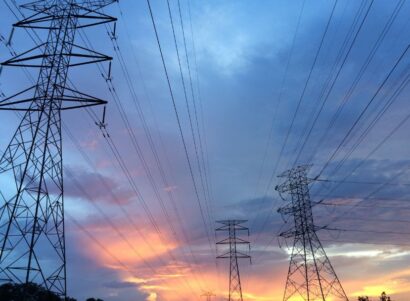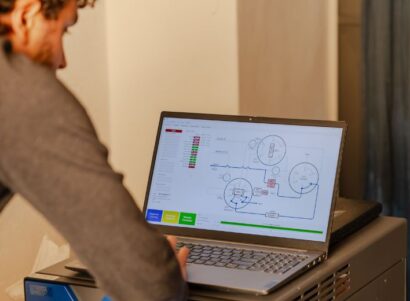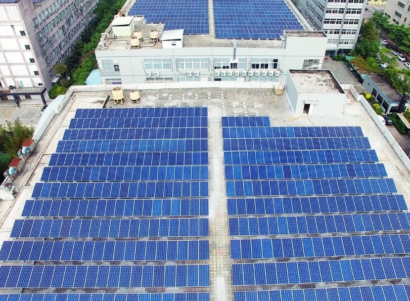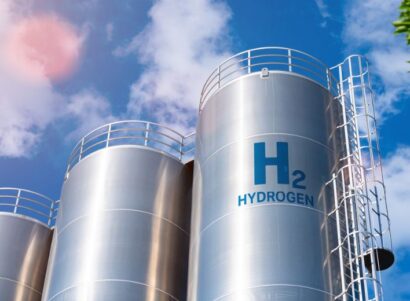Featured
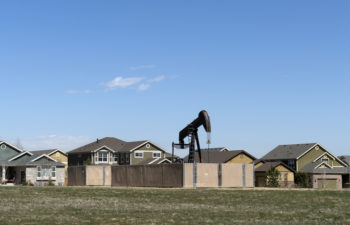
PSE researchers published a new study in Environmental Science & Technology that found the gas used in kitchen stoves throughout the Greater Boston area contains 21 hazardous air pollutants. Read about our findings in The New York Times or watch the explainer video here.
Research and Events
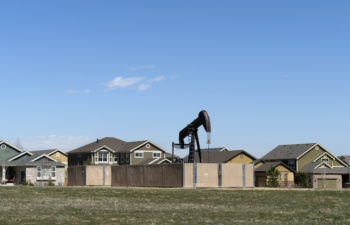
California Establishes Science-Informed Buffer Zone Around New Oil Wells
In August, California lawmakers passed Senate Bill 1137. The law requires a 3,200 foot buffer zone between new oil wells and the places where Californians live, work, and play. The buffer zone, emission control measures, and other safeguards established under the law were informed by technical analysis and recommendations from the CalGEM Public Health Advisory Panel, which was co-chaired by PSE’s Executive Director Seth B.C. Shonkoff and supported by PSE scientists. Read Dr. Shonkoff’s statement on the new law here.

National Academies of Sciences, Engineering, and Medicine Report: Equitable and Resilient Infrastructure Investments
Decades of discriminatory infrastructure investments in the United States have left low-income communities and communities of color at the greatest risk from extreme weather events. The Federal Emergency Management Agency (FEMA) asked the National Academies of Sciences, Engineering, and Medicine (NASEM) Committee on Applied Research Topics for Hazard Mitigation and Resilience to explore relevant research needs. Director of Research Elena Krieger contributed to the resulting report through her work on the Hazard Mitigation and Resilience Applied Research Topics Committee.
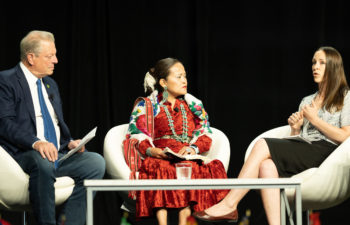
Dr. Krieger Joins Al Gore to Discuss Climate Solutions
Dr. Krieger joined The Climate Reality Leadership Corps Training plenary panel to discuss strategies for integrating science into public policy. The panel was moderated by former U.S. Vice President Al Gore. Learn more here.
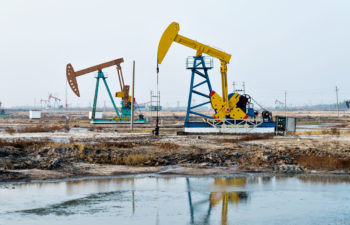
Framework For Prioritizing Oil and Gas Mitigation Strategies
An estimated 17.6 million Americans live within one mile of an active oil or gas well. PSE executive director, Dr. Seth Shonkoff co-authored a paper published in Environmental Research Letters that provides a new framework for policymakers to maximize the public health benefits of existing mitigation strategies.
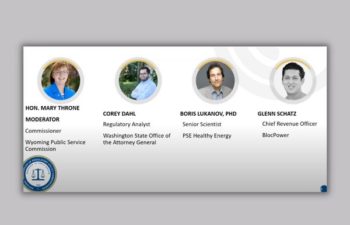
Improving Equity Through Clean Energy
Senior Scientist Dr. Boris Lukanov presented to the National Association of Regulatory Utility Commissioners on the findings of a PSE energy affordability analysis conducted for the Colorado Energy Office. Dr. Lukanov’s presentation outlined strategies to support energy affordability, while lowering greenhouse gas emissions. Watch the full presentation here.
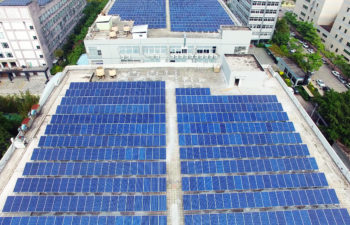
Improving Equity Through Clean Energy
Dr. Krieger presented a Big Little Talk about leveraging the clean energy transition to promote energy equity at GreenBiz’s VERGE Electrify conference. Her talk highlights PSE analysis that found states can save billions of dollars in bill assistance if they instead lower energy burdens with investments in electrification and weatherization for low-income households.
From the Blog
- To Slow Global Warming We Must Cut Methane Emissions by Madelon Finkel, PhD
- Inflation Reduction Act Includes Key Strategies to Align Climate Action and Energy Equity by Karan Shetty, M.ESM
- Four Ways to Bring Health and Equity to Utility Planning by Kelsey Bilsback, PhD and Elena Krieger, PhD
- As Temperatures Soar, Access to Cooling Becomes Environmental Justice Concern by Patrick Murphy, PhD
- As Congress Procrastinates, Supreme Court Adds Fuel to Public Health Crisis by Madelon Finkel, PhD
Welcome to PSE
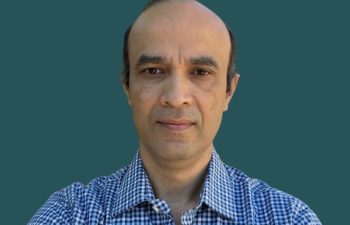
Dr. Chowdhury Moniruzzaman brings expertise in air quality modeling, meteorology modeling, combustion chemistry to his role as a scientist at PSE. Prior to joining PSE, Dr. Moniruzzaman worked as an Environmental Scientist at Jacobs Engineering where he conducted air quality modeling and meteorology modeling. Dr. Moniruzzaman earned his PhD in Atmospheric Sciences at the State University of New York (SUNY) at Albany.
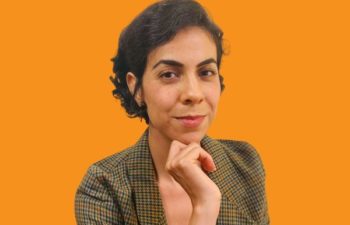
Dr. Yanelli Nunez joins PSE as an environmental health scientist. Her research evaluates the impacts of energy systems, focusing on historically marginalized communities. Dr. Nunez obtained a doctorate in Environmental Health Sciences from Columbia University, where she examined inequities in air pollution exposure and analyzed the effects of long-term exposure to fine particulate matter on neurodegenerative disease aggravation.
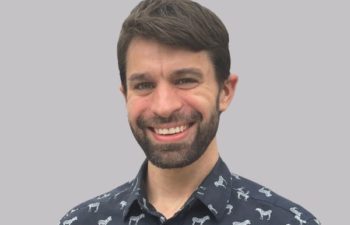
Dr. Sebastian Rowland joins PSE as a scientist. His work focuses on the human health impacts of air pollution and energy systems, particularly to support emergency responses and climate resilience. Dr. Rowland earned a PhD from Columbia University where he modeled uncertainties in fine particulate matter concentrations to inform future monitoring efforts and examined the cardiovascular effects of short-term temperature exposures.

Dr. Ana McPhail rejoins PSE as a senior engineer to support community engagement and develop research on the sociodemographic and social mobility impacts of the energy sector. Dr. McPhail’s previous work with PSE has focused on the effects of energy systems and decarbonization policies on energy equity and access, public health, and the environment. Dr. McPhail earned a PhD from Rice University in Environmental Engineering.
In the News
- The Nation: The Price of Private Equity’s New York Power Plant Grab
- The New York Times: Gas Piped Into Homes Contains Benzene and Other Risky Chemicals, Study Finds
- The Boston Globe: Scientists tested the natural gas used in kitchen stoves around Boston. They found dangerous chemicals.
- E&E News: Hazardous air pollutants found in home-use natural gas
- Forbes: Latest Studies From Harvard, Et Al Show Health Hazards Of Gas Cooking
- STAT: In Boston homes, potentially harmful compounds are leaking from stovetops
- Inside Climate News: When an Oil Well Is Your Neighbor
- ElectrifyThis!: Connecting The Dots: Cooking, Climate, And Clean Air
More coverage is available on our website.






